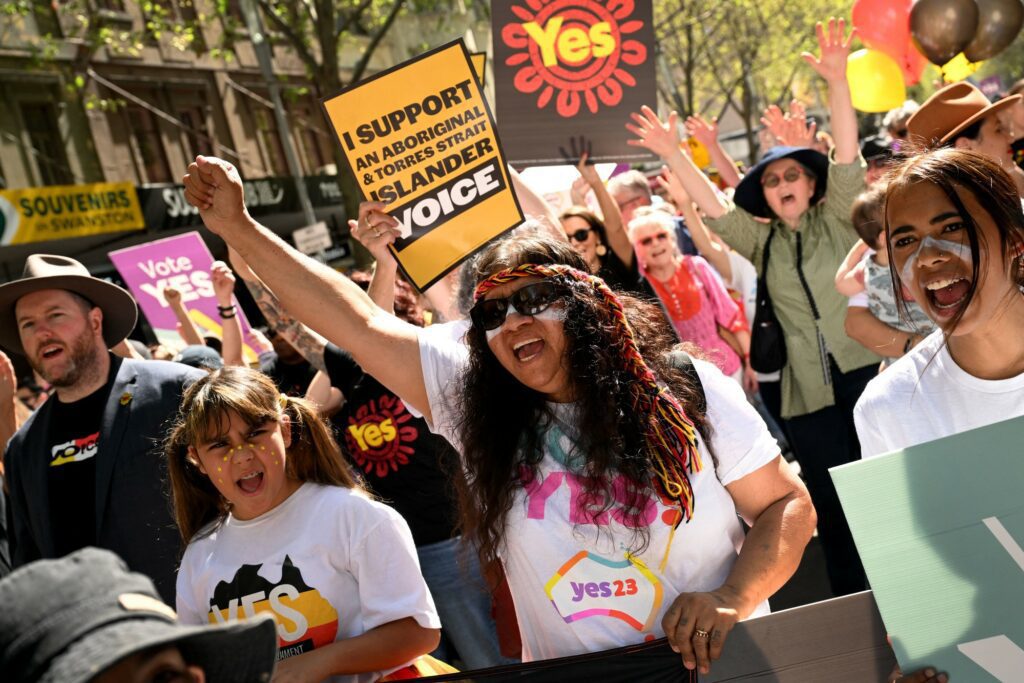Victims’ families were still awaiting justice for alleged unlawful killings by security forces during demonstrations in October 2022. The rights to freedom of expression, association and peaceful assembly continued to be restricted. Clashes in the south caused the deaths of more than 100 villagers. The right to food security was threatened by rising prices, poor rainfall, the mass arrival of refugees from Sudan and a lack of humanitarian assistance. Early marriages and gender-based violence continued at high levels.
Background
In March, the president of the transitional regime pardoned 380 alleged members of the rebel group Front for Alternative and Concord in Chad sentenced in 2022 to various terms of imprisonment. On 17 December, the country held a referendum on a new draft constitution, ahead of presidential elections promised for 2024. According to the World Bank, inflation was set to rise from 5.8% in 2022 to 13.2% in 2023, with food inflation expected to reach 13.9%.
Right to truth, justice, and reparation
At the end of the year, no concrete progress had been made in an investigation announced by the minister of justice the day after the 20 October 2022 demonstrations, during which, according to the National Human Rights Commission, at least 128 people were killed. Victims’ families, still waiting for answers, said they were afraid to ask the authorities to explain the lack of progress. On 20 October 2023, several Chadian human rights organizations denounced the fact that no members of the defence and security forces had yet been prosecuted for alleged unlawful killings.
Freedom of peaceful assembly
Some 259 people arrested for attending the banned demonstrations in October 2022 and tried behind closed doors in Koro Toro were pardoned in April; 119 others were pardoned in July.
In July, two demonstrations scheduled for the same date, organized by the Rally for Justice and Equity and the Party of Democrats for Renewal, were banned by the Ministry of Public Security. According to the Ministry, these two political parties did not exist legally and had not met the conditions for authorization of a demonstration, a statement disputed by the two party leaders. In August, a demonstration planned by the Revolutionary Movement for Democracy and Peace was banned on the grounds that it was likely to disrupt public order.
On 1 August, the authorities stated that organizers of banned demonstrations could be punished by imprisonment of between six months and two years, contrary to international human rights standards.
Freedom of expression
On 25 August, the High Media and Audiovisual Authority suspended popular news website Alwihda Info for eight days over its publication of two articles: one, reporting the removal of a colonel, was accused of “undermining cohesion and discipline” in the army, the other of making “insulting remarks” about the president. On 26 August, Alwihda’s editor was allegedly subjected to a car chase by security agents, forcing him to take refuge with strangers for several hours. Another journalist for the website was prevented from covering an event organized by the Ministry of Transport in the north of the country on the same day.
A journalist working for the TV channel Toumaï was released in May, having been arrested for recounting what he experienced during the October 2022 demonstrations. However, he received telephone threats and was forced to leave the country for his safety and security after speaking to media outlets about ill-treatment during his arrest and detention in Koro Toro prison.
Right to life and security of the person
According to OCHA, at least 135 people were killed, 359 injured and more than 26,000 displaced between January and June during clashes reported in southern departments bordering the Central African Republic (CAR). Survivors reported that the attackers were sometimes members of armed groups present in the CAR and sometimes groups of herders fighting for access to grazing land. The survivors complained of lack of timely protection of the population by security forces when alerts were raised and poor judicial response when the suspected perpetrators were allegedly identified.
Right to food
Food insecurity worsened due to factors including oil price inflation and a humanitarian crisis in the east of the country, with Chad hosting more than 400,000 refugees from the conflict in Sudan.
OCHA reported in October that food insecurity and malnutrition were affecting some 5.7 million people in Chad, 2.1 million of whom were in a critical situation.
According to the Famine Early Warning System Network (FEWSNET), poor rainfall and continuing conflict were likely to lead to a further deterioration in food security throughout the country. The crisis response proved insufficient. FEWSNET reported reduced food supplies and cash transfers, while OCHA stated that only 31.8% of the necessary international humanitarian funding had been secured. As of September, international funds assigned to food security in Chad totalled USD 96.9 million, despite the identified requirements amounting to USD 225 million.
Women’s and girls’ rights
According to a February report by the Group Emergency Rehabilitation Development, access to reproductive health for young people was poor and characterized by a succession of economic, social, family, and political constraints.
According to the report, 24.2% of women aged between 20 and 24 were married before the age of 15. The figure was 25% in rural areas and 21% in urban areas.
Gender-based violence
Victims of gender-based violence continued to live in fear of reporting assaults, for social reasons or due to a lack of support from law enforcement or traditional authorities.
According to the Gender Based Violence Information Management System, 1,879 cases of gender-based violence were reported between January and June. Of these, 34% involved physical assault, 27% psychological violence and 24% denial of opportunity, resources and/or services; for example, women being denied their share of inheritance or young girls being prevented from going to school.
Source link : https://www.amnesty.org/en/location/africa/west-and-central-africa/chad/report-chad/
Author :
Publish date : 2021-08-20 16:06:45
Copyright for syndicated content belongs to the linked Source.
